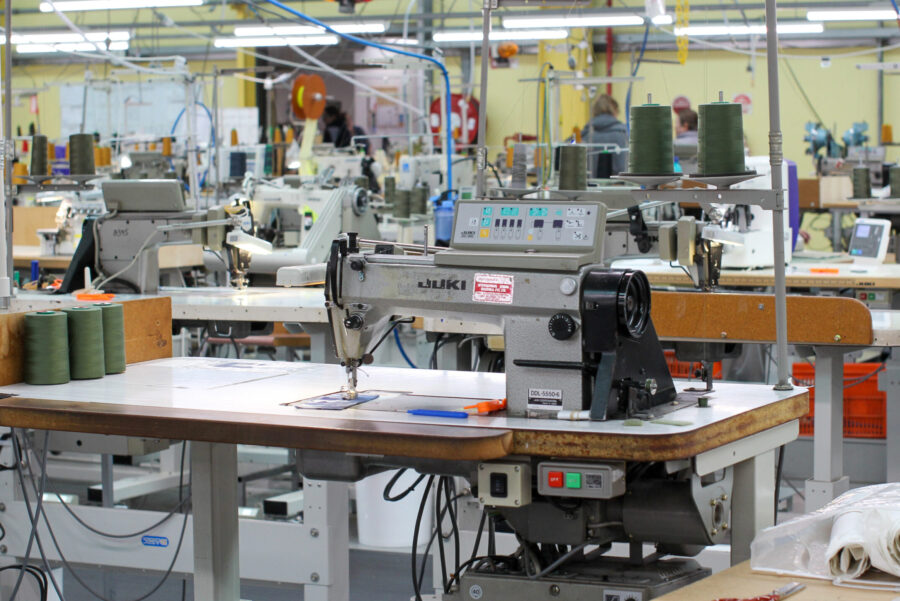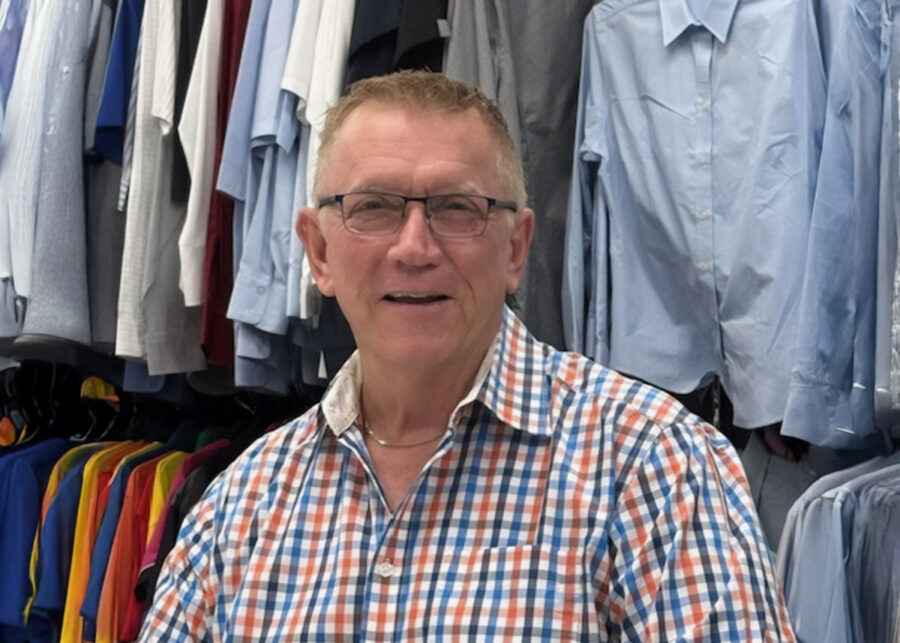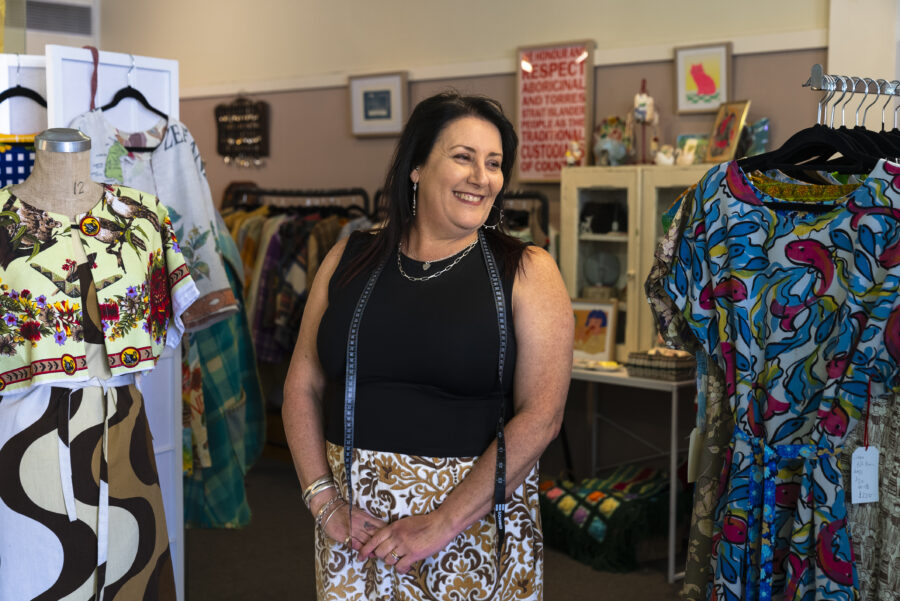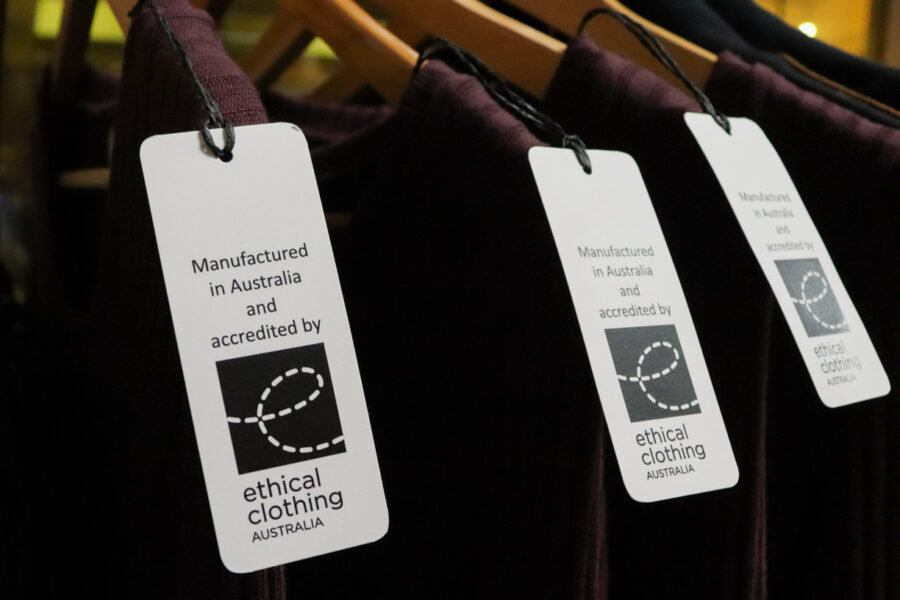Ethical School Uniforms: Teaching Students The Value of Ethical Manufacturing
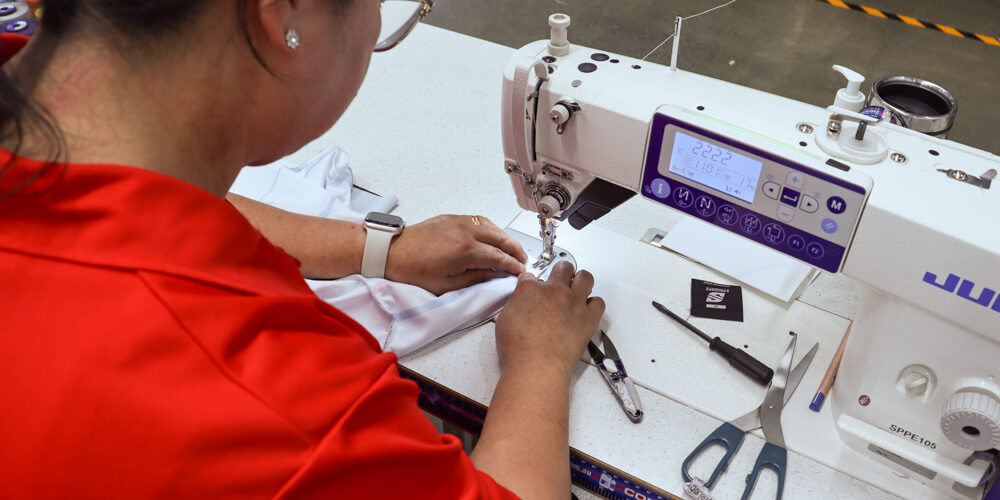
With Term 3 here and school uniforms top of mind, it’s a great time to talk to your school-aged children or students about the importance of local, ethical manufacturing. By starting these conversations early, you help children understand the benefits of manufacturing ethically and empower them to become more informed and engaged as future leaders and responsible citizens.
An important part of going back to school is school uniforms. Not only do they promote a sense of equality and belonging among students, but they also foster unity, pride, and school spirit.
But have you ever asked yourself where your school uniforms are made? Were they made in Australia and if so, were they made ethically?
When a business is accredited by Ethical Clothing Australia, it means their entire local supply chain has undergone a third-party in-person audit to confirm compliance with Australian workplace laws. That means, from design to dispatch, workers are protected, respected and paid fairly – a vital lesson that’s never too early to embrace.
Let’s get started on teaching the next generation about the importance of local, ethical manufacturing.
What is ethical manufacturing in the local garment industry?
Ethical manufacturing refers to the practice of producing textile, clothing or footwear that protects local workers from start to finish, no matter where they are within the supply chain (in-house and outworkers). This includes fair labour practices, appropriate pay, legal entitlements, fair treatment, and safe working conditions. When a manufacturer is accredited with Ethical Clothing Australia, it verifies that they’ve undertaken on-the-ground, third-party checks to ensure compliance with the relevant Australian workplace laws. Find out more about our compliance audits here.
What is ethical procurement?
Ethical procurement can be defined as a company’s code of conduct and commitment to social and legal ethics. Ethical procurement isn’t just about compliance, it’s about creating a stronger, more transparent industry that values people at every stage of production.
By sourcing from accredited businesses, schools and universities can:
- Protect human rights and ensure lawful pay and conditions
- Minimise legal and reputational risks
- Increase operational efficiency and supply chain flexibility
- Support local innovation and skill development
- Shorten and strengthen supply chains
- Demonstrate a clear commitment to ethical practices
Find out more about the benefits of local procurement here.
My accreditation is something I am incredibly proud of. I could not continue with my business if I did not have the absolute confidence that whoever was making my products was being paid and treated fairly – it really is a cornerstone of Smart Stuff.
- Loretta, Business Owner at Smart Stuff
What is supply chain transparency?
Supply chain transparency is the practice of openly sharing information about the origin, production, and handling of goods throughout the entire supply chain. This includes information about the materials used, working conditions, and suppliers. Within the textile, clothing and footwear industry, supply chains can be difficult to track due to multiple layers of contractors (including outworkers) and sub-contractors. With the added challenge of outworkers (also described as homeworkers), it’s challenging to have visibility over the conditions in which they’re employed.
What are outworkers?
Outworkers conduct their work outside of a factory or formal work environment, usually working from home or at a location not normally classified as business premises (e.g. a garage attached to residential premises). They often experience unethical working conditions and unreasonable expectations such as long working hours, not receiving the legal award rate of pay, being paid per piece, irregular work and insecure income, and poor working conditions.
What are the benefits of local, ethical manufacturing in Australia?
Local manufacturing offers many benefits, not just for workers and their employers, but for the Australian economy too.
According to Ernst & Young (2021), the fashion and textile industry contributes more than $27.2 billion to Australia’s economy, generating $7.2 billion in exports each year and employing more than 489,000 people.
Not only does local, ethical manufacturing improve worker wellbeing by protecting their rights and ensuring lawful pay and conditions, there are considerable benefits for businesses too. Through accreditation, they can create a stronger and more responsible supply chain and verify their commitment to ethical practices, leading to enhanced customer trust, loyalty, and brand reputation.
I hope that by engaging with schools and organisations, I can make more people aware of Ethical Clothing Australia, what the organisation stands for and what it does. Accreditation also means that the skills of the people involved in producing my smocks are recognised and appreciated.
- Loretta, Business Owner at Smart Stuff
Where to find our accredited manufacturers
We’re proud to support a number of Ethical Clothing Australia-accredited businesses that specialise in manufacturing school uniforms and sportswear. Take a look at our directory and find out what manufacturing capabilities these businesses can offer here.
Are your school uniforms made ethically? If you answered no, find out how you can advocate for change with our useful guide here.
Related articles
Explore more insights, updates and stories from across Australia’s ethical and local manufacturing industry.

